![Simple Guide to RV Driver's Licenses by State [2023]](https://ghost-cdn.rvezy.com/2021/10/Need-an-RV-driver-s-license-in-every-state.jpg)
Do you need a special license to drive or tow an RV in the United States?
It depends.
Each state has different requirements for operating recreational vehicles. Although the rules vary, you won't need a special license to tow a travel trailer, fifth wheel, or drive a motorhome in most states.
How to use this guide
Our RV experts wrote this guide as a tool to help you understand each state's requirements for RV driver's licenses. We've also added some helpful information about federal laws, vehicle weight ratings, and the rules for driving an RV across the United States and Canada.
Read on or skip ahead!
- What you need to know about online sources
- States that require a commercial driver's license
- States that require either a noncommercial driver's license or an endorsement
- States that don't require any special licenses
- How GVWR and GCWR influence driver's license requirements
- The rules for driving across state lines or into Canada
What you need to know about online sources
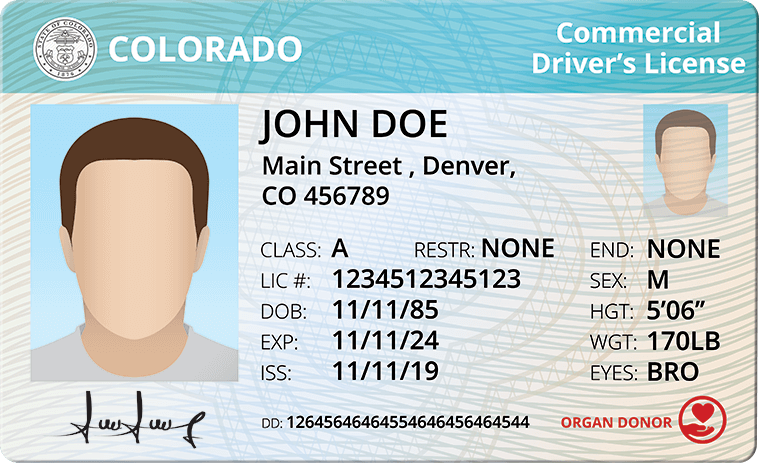
Before you jump into the article and locate your state, we want to point out that we found errors and conflicting information online during our research. Many blogs and articles published on RV driver's licenses didn't cite their sources or fact check. We get it. Legal language isn't easy to digest, and the different state laws for RV driver's licenses and endorsements are obscure, if not impossible, to find.
This article links to primary sources, and we've fact-checked each source to the best of our ability using the most recent documentation found online. Please get in touch with your local department of motor vehicles to verify the information presented in this article, as some regulations may have changed after publication.
States that require a commercial driver's license
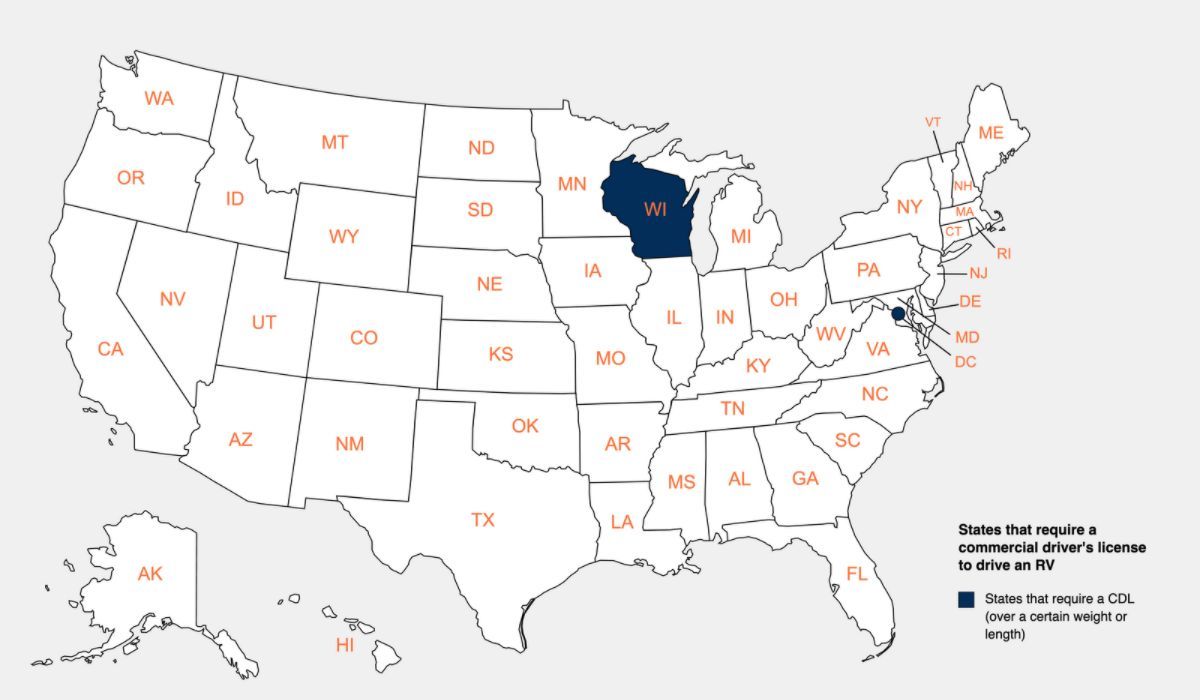
Under certain circumstances, two states require RV operators to possess a commercial driver's license (CDL) test to drive a recreational vehicle.
Drivers of commercial-weight recreational vehicles weighing 26,001 pounds or more must take the written CDL knowledge test for a CDL endorsement. Contact the DMV for information regarding the CDL driving test, as it might not be required.
Recreational vehicles over 45 feet long must apply for a CDL. Recreational vehicles under 45 feet are exempt from needing a CDL.
States that require either a noncommercial driver's license or an endorsement
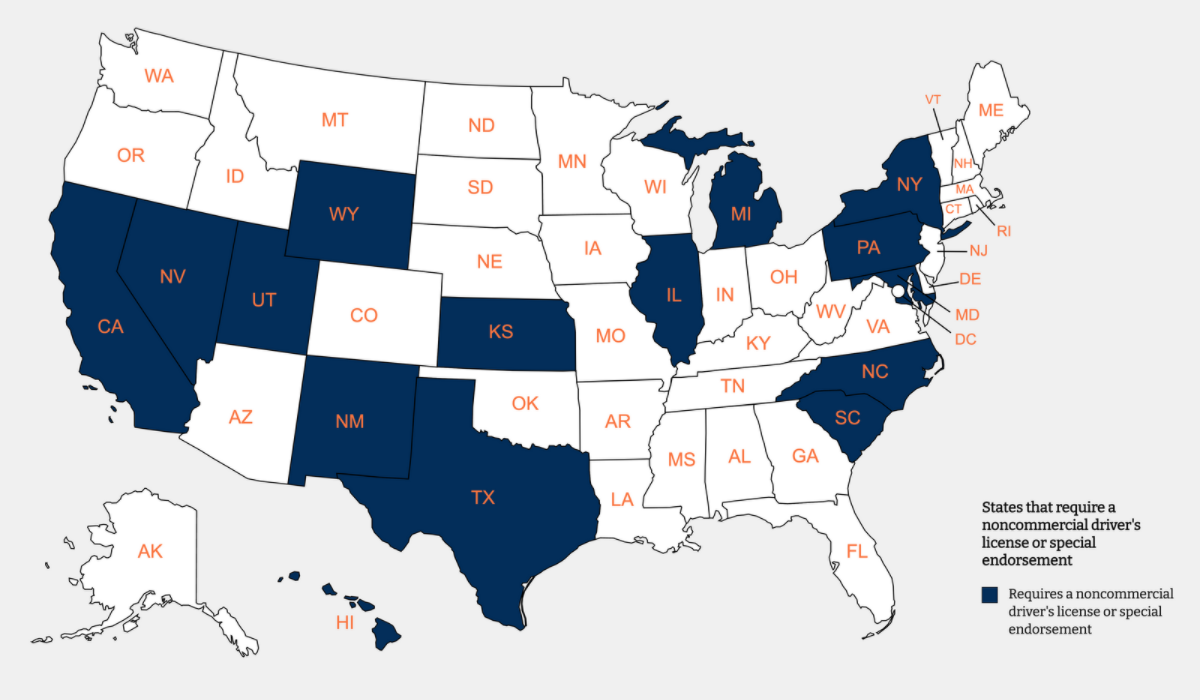
The following states require either a noncommercial driver's license or an endorsement to drive or tow an RV.
Noncommercial Class A. Travel trailers with a GVWR 10,000 pounds or more or a fifth wheel with a GVWR of 15,000 or more.
Noncommercial Class B. A single recreational vehicle with a GVWR of 10,000 pounds or less and any recreational vehicle between 40 and 45 feet long.
Noncommercial Class 4. Any single vehicle with a GVWR between 15,001 and 26,000 pounds. Any combination of vehicles where the lead vehicle's GVWR is between 15,000 and 26,000 pounds and the GCWR is under 26,000 pounds.
Recreational vehicles are exempt from CDL requirements.
Noncommercial Class A. Any combination of motor vehicles with a GCWR of 26,001 pounds or more, providing the GVWR of the vehicle being towed is in excess of 10,000 pounds.
Noncommercial Class B. Any single motor vehicle with a GCWR of 26,001 pounds or more or any such vehicle towing another not in excess of 10,000 pounds.
Noncommercial Class C. Any motor vehicle with a GVWR of more than 16,000 pounds, but less than 26,001 pounds or any such vehicle towing another not in excess of 10,000 pounds.
Noncommercial Class A. GVWR over 26,000 pounds or towing over 10,000 pounds.
Noncommercial Class B. GVWR over 26,000 pounds not towing over 10,000 pounds.
Noncommercial Class A. The combination of the towing vehicle and the towed vehicle has a GCWR of 26,001 pounds or more.
Noncommercial Class B. A single unit with a GVWR of 26,0001 pounds or more or a trailer weighing under 10,000 pounds GVWR.
RR endorsement. The recreational double endorsement permits the driver to tow two units (one behind another).
Noncommercial Class A. The combination of the towing vehicle and the towed vehicle has a GCWR of 26,001 pounds or more.
Noncommercial Class B. A single unit with a GVWR of 26,0001 pounds or more.
Endorsement J is needed to tow a vehicle over 10,000 GVWR.
Noncommercial Class E. Vehicles licensed and used as recreational vehicles are exempt from the standard CDL requirements with a Class E noncommercial license.
R endorsement. Required for vehicles over 26,000 pounds.
Noncommercial Class A: GVWR of 26,000 pounds or less towing a unit of 10,001 pounds or more.
Noncommercial Class B. GVWR of 26,001 pounds or more towing a unit 10,000 pounds or less.
Noncommercial Class A. Any combination of vehicles with a GCWR of 26,001 pounds or more.
Noncommercial Class B. A single unit with a GVWR of 26,0001 pounds or more.
Noncommercial Class E. A single unit with a GVWR of 26,0001 pounds or more.
Noncommercial Class F. The combination of the towing and towed vehicles has a GCWR of 26,001 pounds or more.
Recreational vehicles, regardless of weight, are exempt from CDL requirements.
Noncommercial Class A. The combination of the towing vehicle and the towed vehicle has a GCWR of 26,001 pounds or more.
Noncommercial Class B. A single unit with a GVWR of 26,0001 pounds or more.
Drivers of recreational vehicles need the non-commercial Z endorsement only when the GVWR or GCWR exceeds 39,001 pounds or more.
States that don't require any special licenses to drive or tow an RV
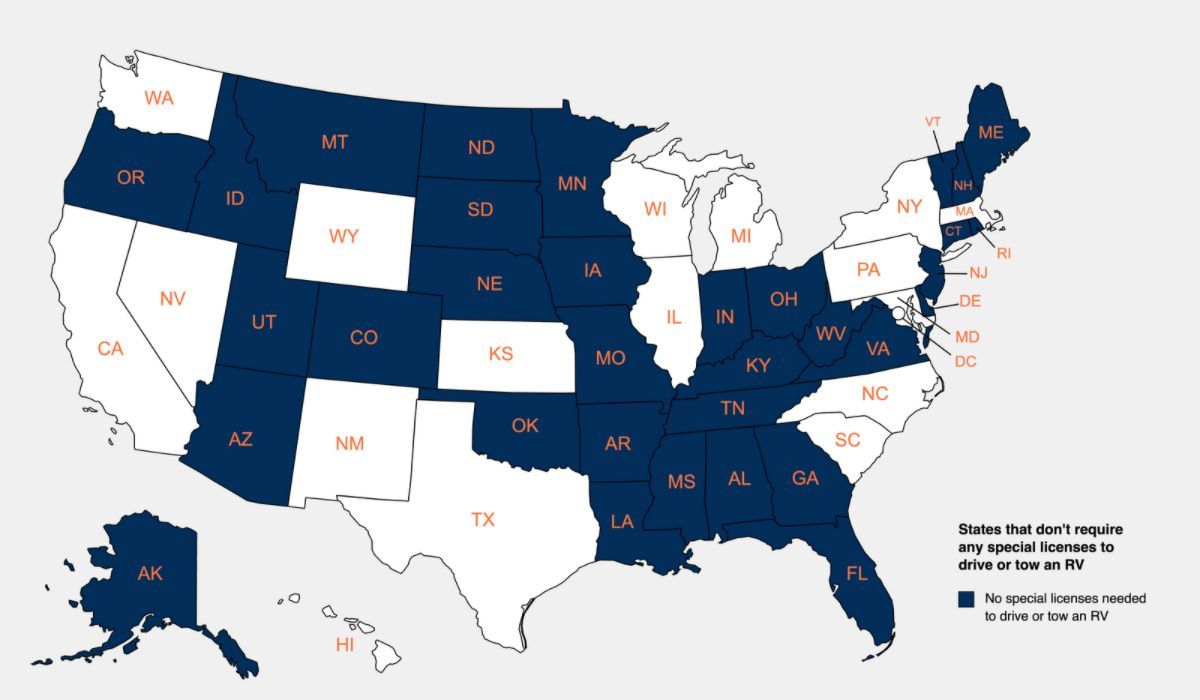
- Alabama
- Alaska
- Arizona
- Arkansas
- Colorado
- Connecticut
- Delaware
- Florida
- Georgia
- Idaho
- Indiana
- Iowa
- Kentucky
- Louisiana
- Maine
- Minnesota
- Mississippi
- Missouri
- Montana
- Nebraska
- New Hampshire
- New Jersey
- North Dakota
- Ohio
- Oklahoma
- Oregon
- Rhode Island
- South Dakota
- Tennessee
- Utah
- Vermont
- Virginia
- West Virginia
How GVWR and GCWR influence driver's license requirements
In most states, you won't need a special license to tow a travel trailer, fifth wheel, or drive a motorhome if the gross vehicle weight rating (GVWR) or gross combined weight rating (GCWR) is 26,000 pounds or less.
These weight ratings are determined by federal standards established by the Commercial Motor Vehicle Safety Act of 1986.
What is Gross Vehicle Weight Rating?
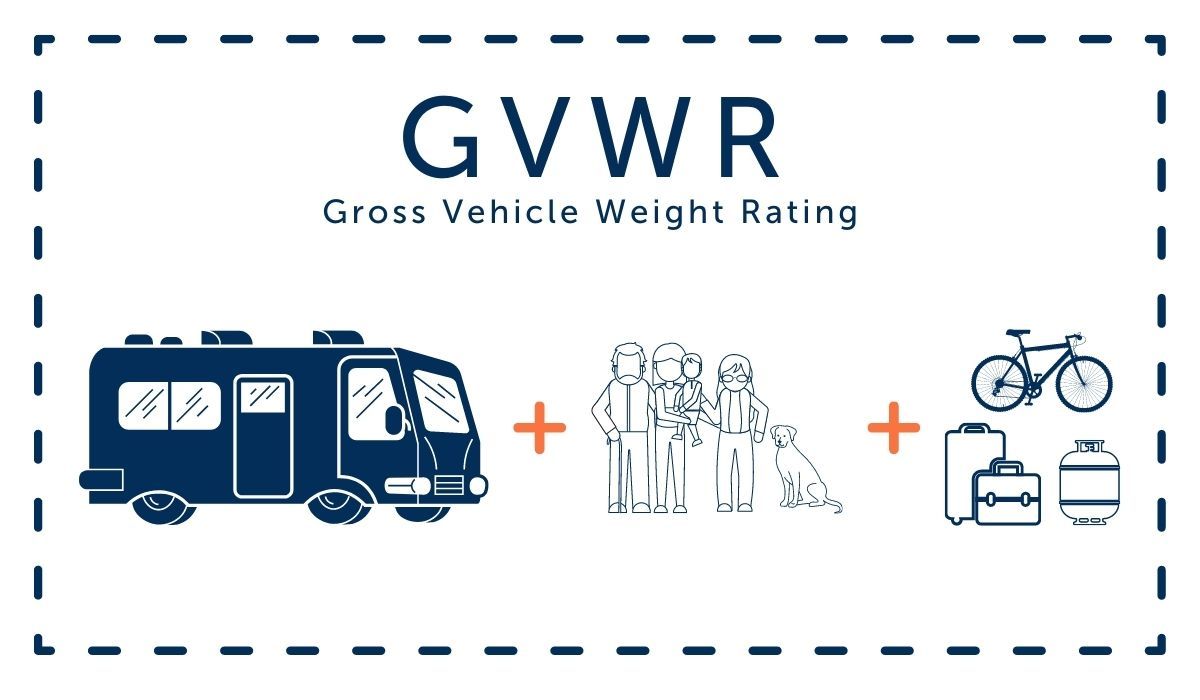
Gross Vehicle Weight Rating is determined by the vehicle's manufacturer and is the value in which a vehicle can safely operate; GVWR includes the vehicle's total weight plus its occupants and goods.
What is Gross Combination Weight Rating?
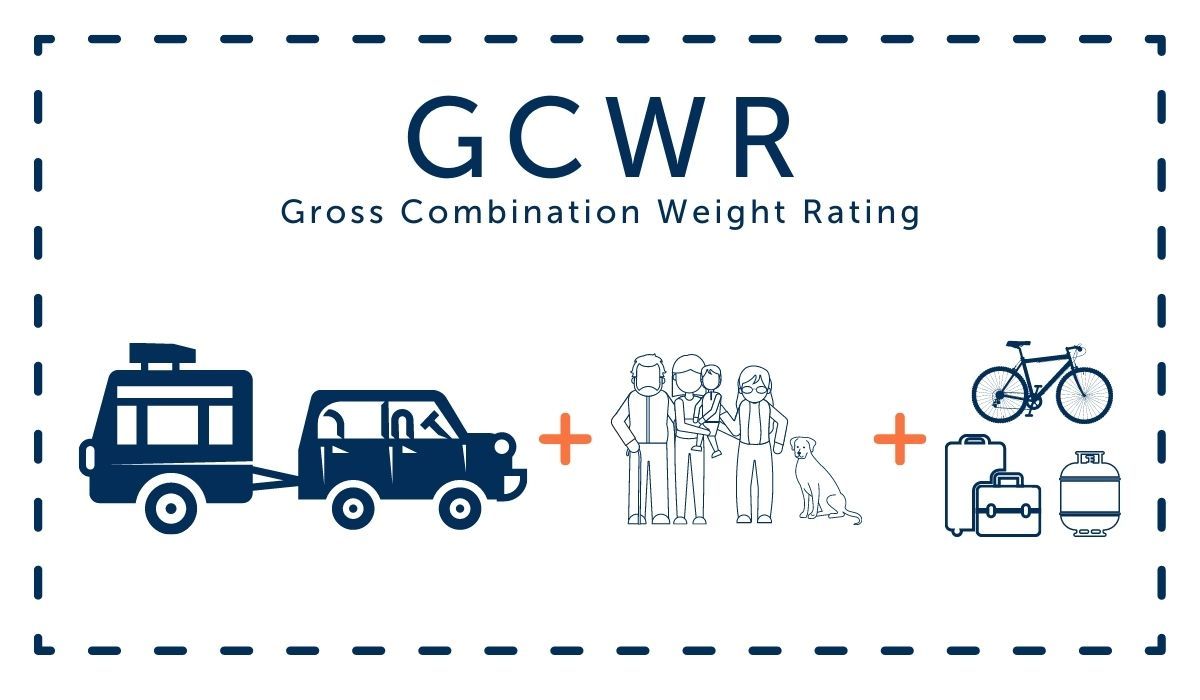
Gross Combination Weight Rating (GCWR) is the value determined by the vehicle's manufacturer and is the maximum weight a combination of vehicles (like a truck towing a travel trailer) can safely operate. GCWR includes the total combined weight of a vehicle and a trailer plus its occupants and goods together.
The rules for driving across state lines or into Canada
Requirements for driver's licenses are based on where you're licensed. You can legally drive anywhere in the United States and Canada if you have the appropriate license for your state. However, if you decide to take your RV across international lines, you will need to be aware of What You'll Need for Driving Across the Canada-U.S. Border.
Are you licensed in Canada? Read our guide for RV driver's licenses in Canada.
Get out and explore
Trying to determine whether you might need a special license to drive or tow an RV might sound complicated, but it's not. In the United States, most RV owners and guests won't need a commercial driver's license to drive or tow an RV. Since you won't have to worry about a commercial driver's license, your travel possibilities are almost limitless.
With fewer restraints and the open road ahead, what are you waiting for? Whether you rent or own your RV, the time to explore is now! And did you know? Renting an RV with RVezy is just like it sounds — EZY.
